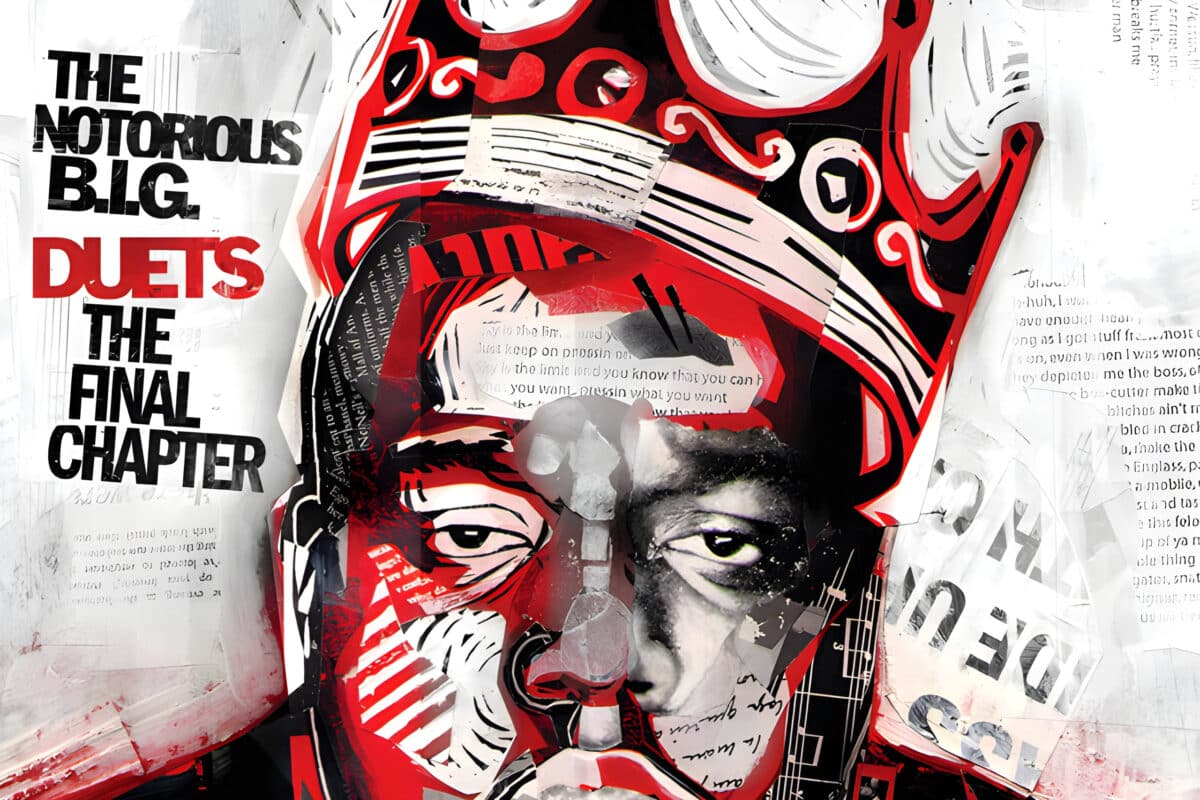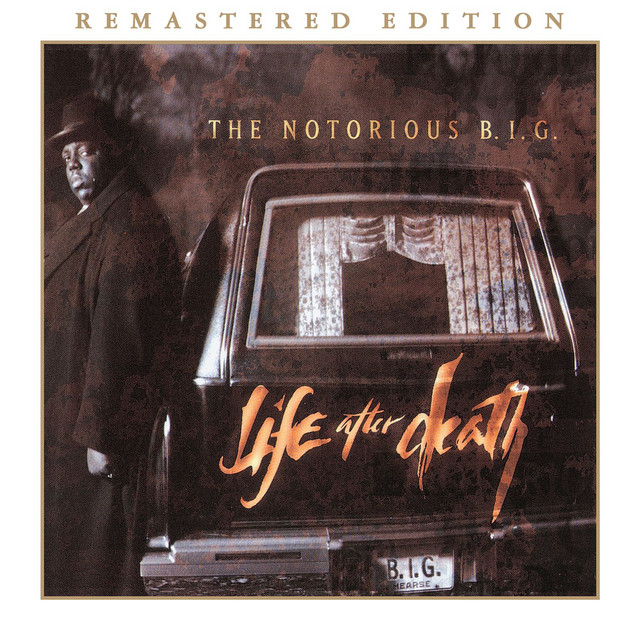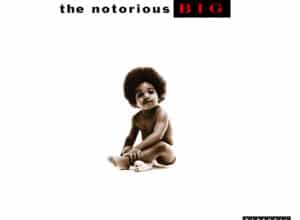Released: 2005
“Living in Pain” by the legendary The Notorious B.I.G., featuring titans like 2Pac, Nas, and Mary J. Blige, is a stark anthem that evokes the struggle, violence, and trials of life within the harsh environments often associated with hip-hop culture. An emblem of raw authenticity, the song narrates individual experiences, expressing a desperate yearning to break free from the harrowing cycle of pain.
The first verse starts with B.I.G., referencing his persona as the “sick nigga Biggie”. He allows us a glimpse into his street reality, explaining his reliance on weapons for survival. The line “Don’t you know that Killing is thrilling” illustrates the distressing thrill of living on the edge, with life always hanging by a thread.
The hook performed by Mary J. Blige speaks to the mental and emotional stress endured, discussing an enveloping darkness and difficulty to breathe, metaphors for despair and suffocation by one’s circumstances. It questions if anyone truly understands their struggle, encapsulating the sense of loneliness that accompanies such a life.
The second verse introduces 2Pac, speaking on his reputation “My name is spoken on the tongue of so many foes” and his propensity to retaliate “busting niggaz ass is to stay alive”. It paints a picture of a do-or-die lifestyle, where one’s life expectancy is uncertain.
In Nas’s verse, he takes shots at the pretentious rappers and the establishment, symbolized by George Bush, who refuse to apologise for their actions. He promises that the true pain of living in such conditions can’t be fully comprehended or game by those idolising the culture from a safe distance. His verse is a call to arms, an insistence that the ‘real’ endure.
The song echoes a continuous loop of violence and retaliation, a cycle hard to break. Yet despite the overarching gloom, the song serves as a chilling testament to the lived experiences of its vocalists, unapologetically representing the struggle intrinsic to their lived reality.








